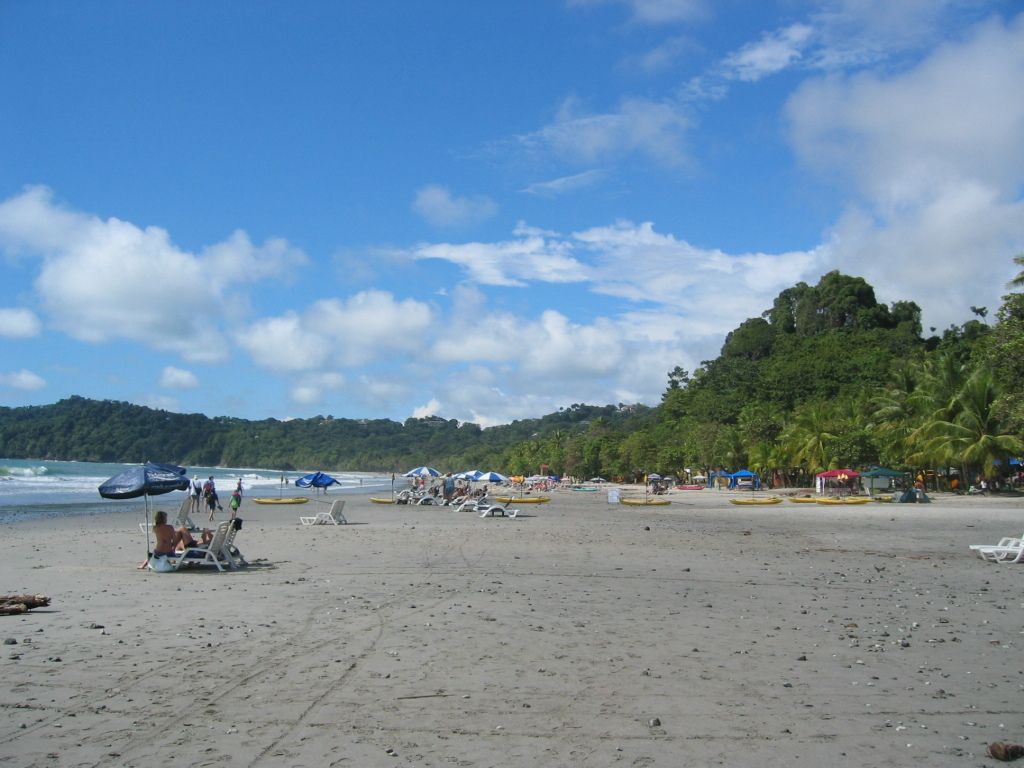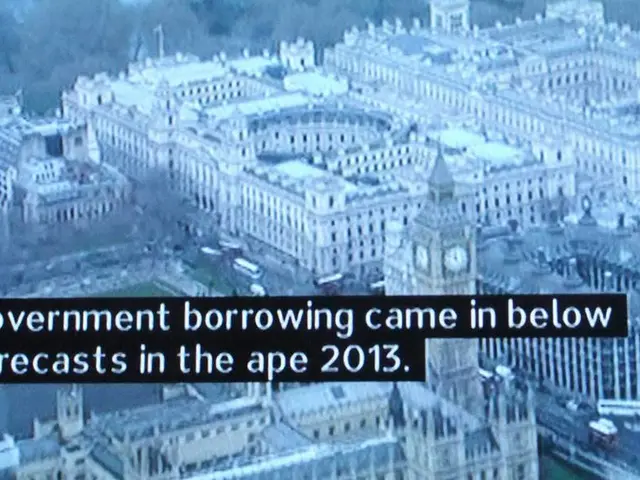Let's Keep the Depths from Becoming the Lawless Frontier
International Gathering in Nice: Avoid Turning Global Oceans into an Unregulated Frontier - International Gathering in Nice: Preserving Oceans from Lawlessness
Dive beneath the waves and YOU'RE INTO THE WILD WEST? Guterres ain't havin' it! "We don't wanna turn the deep blue sea into the new frontier for wild, reckless mining!" he declared in a stern warning. The minerals hidden below the seabed, lying outside of national waters, belong to all humans, not just the ones with the biggest pickaxes.
Thirty-three countries, including Germany, put pen to paper on a declaration, stressing that the extraction of precious minerals threatens to wipe out marine life, pump CO2 into our atmosphere, and contaminate the food chain with toxic heavy metals. They're asking for a "test run with brakes engaged" before proceeding with deep-sea mining.
France is pushing for an all-out ban on deep-sea mining, while Germany is playing it cool, calling for a cautious pause. "We need to tread carefully when it comes to the international deep sea," warns German Federal Environment Minister Carsten Schneider. The pressure on deep-sea mineral resources is mounting, so he's urging negotiators to work on environmental safeguards as part of the upcoming "Mining Code."
The UN conference in the glamorous city of Nice served as a hotspot for world leaders to gather and address the growing concerns over marine protection. French President Emmanuel Macron took aim at the United States during his opening speech, saying, "The seabed ain't for sale, and no one's gonna grab Greenland!" Referencing Trump's recurring claims on the Arctic island. Macron also announced the ratification of the 2023 High Seas Treaty by year's end, a move that will bring the agreement one step closer to entering into force.
As for Germany, it's unclear whether they'll fast-track the treaty ratification process, with two key pieces of legislation still to be passed. But the ministry has confirmed that they aim to show up at the big-time negotiators' conference in New York in 2026.
The UN conference in Nice brought plenty of big names to the table, including Brazil's President Luiz Inácio Lula da Silva, China's Vice President Han Zheng, and Argentina's President Javier Milei. Even the USA sent someone important—Edward Russo, the head of the White House environmental task force. It's the first time so many influential politicians and ocean experts have come together to tackle the pressing issues facing our oceans.
Germany's got a few aces up its sleeve, planning to unveil several initiatives in Nice. Their action plan includes the establishment of a marine conservation fund, thanks to some financial help from the offshore wind industry and the German government. They're also dedicated to continuing the removal of World War II-era ammo from the North and Baltic Seas and collaborating with partner countries of the global south to designate protected areas in the high seas.
The UN conference aims to set the stage for the negotiations on a plastic agreement due in August. "We need to get a grip on the plastic waste we're dumping into the seas—it's been out of control," said Carsten Schneider. It's about damn time our oceans got the attention they deserve!
France and the UK both decided to throw a wrench in the ocean trawler fishing game, though to varying degrees. While the UK is gunning for a significant increase in protected areas where environmentally harmful fishing methods are banned (18k to 48k square kilometers), France is setting its sights on expanding protected areas to just 15k square kilometers (only 4% of its waters). Greenpeace ain't impressed, labeling France's plans as 'meh.'
- Nice
- António Guterres
- Deep sea
- Germany
- Ocean
- UN
- France
- World ocean
- Carsten Schneider
- Emmanuel Macron
- USA
- Donald Trump
- Greenland
- Environment
- Seabed
Extra Info
The High Seas Treaty requires ratification from 60 countries to enter into force. As of June 2025, it has been ratified by 49 countries, but not Germany, which plans to attend the first contracting states conference in New York in August 2026. The treaty emphasizes the protection of marine life in areas beyond national maritime boundaries, the creation of marine protected areas, and potentially the regulation of deep-sea mining activities, among other provisions.
Sources:[1] https://www.oceanconference2022.org/[2] https://www.dw.com/en/ocean-conference-starts-with-calls-for-protection-and-development/a-62514433[3] https://www.oceanconference2022.org/themes[4] https://www.bbc.com/news/science-environment-62151717[5] https://www.undeepseabedminerals.org/numbe-of-ratifications-of-the-final-agreement/
- The UN conference in Nice also saw the Commission being asked to submit a proposal for a directive on the protection of the environment by introducing a new type of protection for the deep sea, in light of the growing concerns over deep-sea mining and its potential environmental impacts.
- As environmental-science continues to unravel the complexities of climate-change, the importance of safeguarding the ocean and its resources becomes increasingly clear, with science revealing that deep-sea mining activities could significantly harm marine life and contaminate the food chain with toxic heavy metals.
- Finance and energy sectors are closely monitoring the developments at the UN conference, with the offshore wind industry offering financial help for Germany's marine conservation fund and businesses and politics expressing growing interest in sustainable energy solutions that prioritize the protection of the environment.
- In the wake of the UN conference, industry leaders are paying heed to the warnings from António Guterres and Carsten Schneider regarding the need for environmental safeguards, particularly as the pressure on deep-sea mineral resources continues to mount and the impending negotiations on a plastic agreement due in August loom on the horizon.
- In the realm of general-news, the ratification of the High Seas Treaty by 60 countries, including Germany, will mark a significant step towards protecting marine life in areas beyond national maritime boundaries and potentially regulating deep-sea mining activities, set to be decided at the first contracting states conference in New York in August 2026.







